Childcare Center & Private School Serving Huntsville, TX and Walker County
World-Renowned Montessori Education And Expert Teachers In A Community You Can Trust
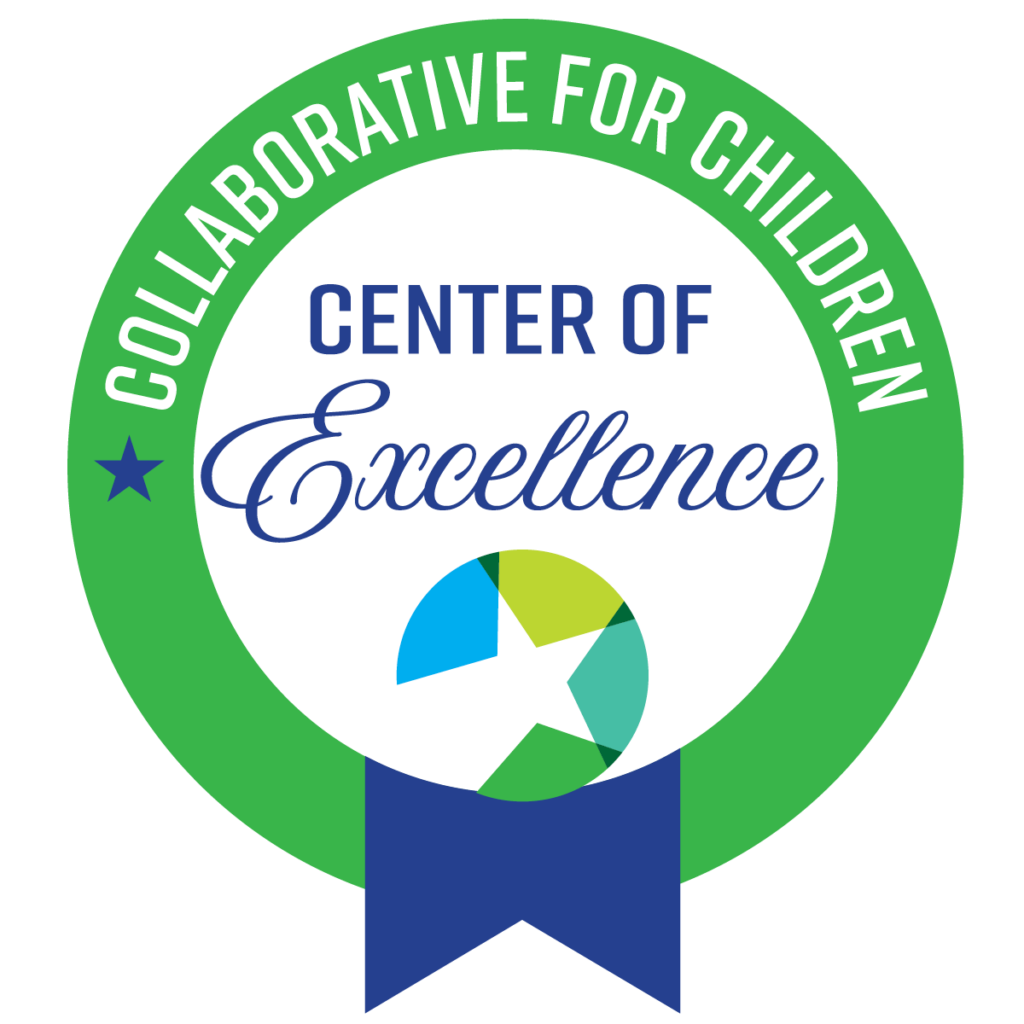

Set Your Child Up
For Lifelong Success
World-Renowned Montessori Education And Expert Teachers In A Community You Can Trust

Set Your Child Up For Lifelong Success

The votes are in! Thank you for voting us the best childcare in Walker County.
Proud To Be Part Of The Community Since September 1997
We’re Celebrating Over 27 Years
Preparing Today’s Young Learners To Become Tomorrow’s Promise

If You Work 1st Shift Or Have A Long Commute, We have A Time for You!
check out all three locations to see which one fits your needs!
The Montessori Method Helps Children Thrive
Montessori is the only educational method that was developed by a doctor using the scientific method, based on what is best for the child. Maria Montessori stated that there is a sensitive period for each learning phase, especially before the age of 4. These crucial years are when your child builds critical skills and begins to draw conclusions about the world around them.

The 6 Principles Of The Montessori Prepared Environment Enhance Learning
By guiding the child through the five areas of the Montessori curriculum, they have the clarity of structure they need to develop emotionally, physically, and spiritually. The 5 areas of the Montessori curriculum are:
- Practical Life
- Sensorial
- Language
- Mathematics
- Cultural
Celebrating Over 27 Years In The Community & As A Proud Member Of The Huntsville Walker County Chamber Of Commerce!
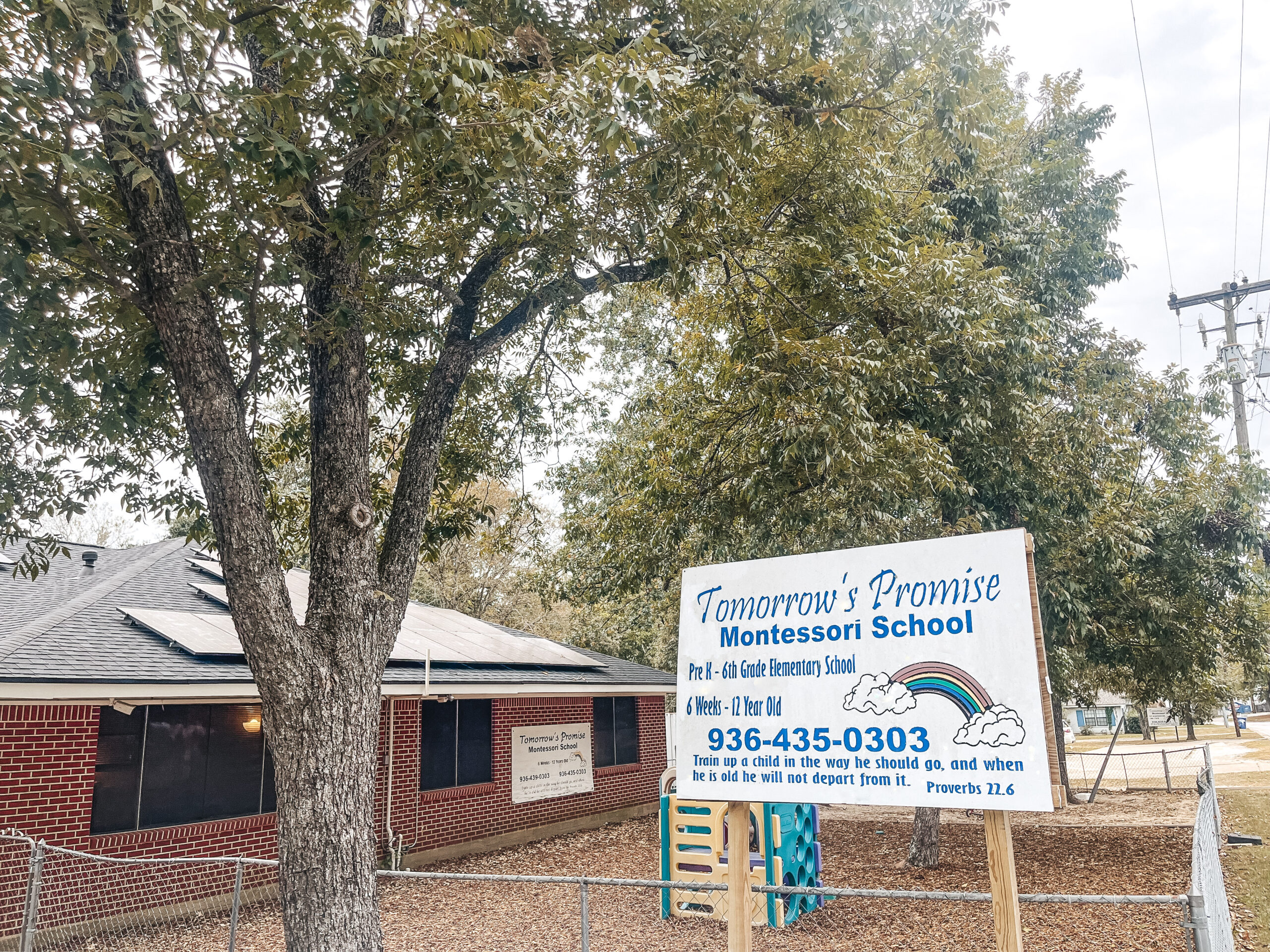
Safety And Security Measures A Top Priority
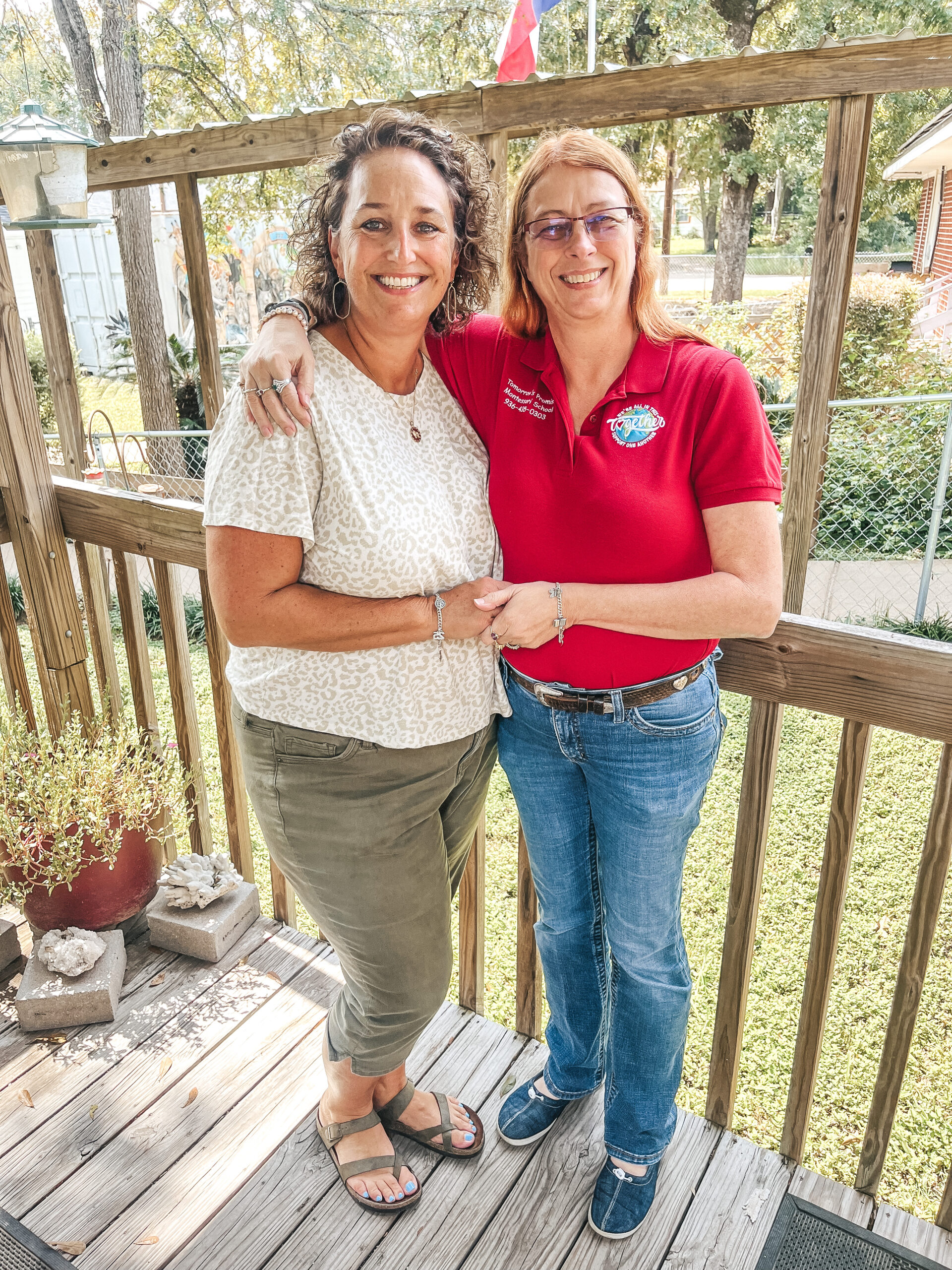
Teachers Have Over 175 Years Of Experience Teaching Children
Your child forms lasting bonds with long-standing, experienced, and Montessori-trained teachers with over 175 years of teaching combined, some of whom have been on-site for over 25 years. Maria Montessori emphasized the importance of consistency; your child sees familiar, smiling faces every day and benefits from their expert care.
Open Year-Round. Early Bird Families:
Three convenient locations with different hours to give you the support you need.


Take A Break With Parent's Night Out
Rely On Trusted Care Until 11:00 P.M. The Second Friday Of Every Month
Largest Playgrounds In Town Perfect For Outside Discovery
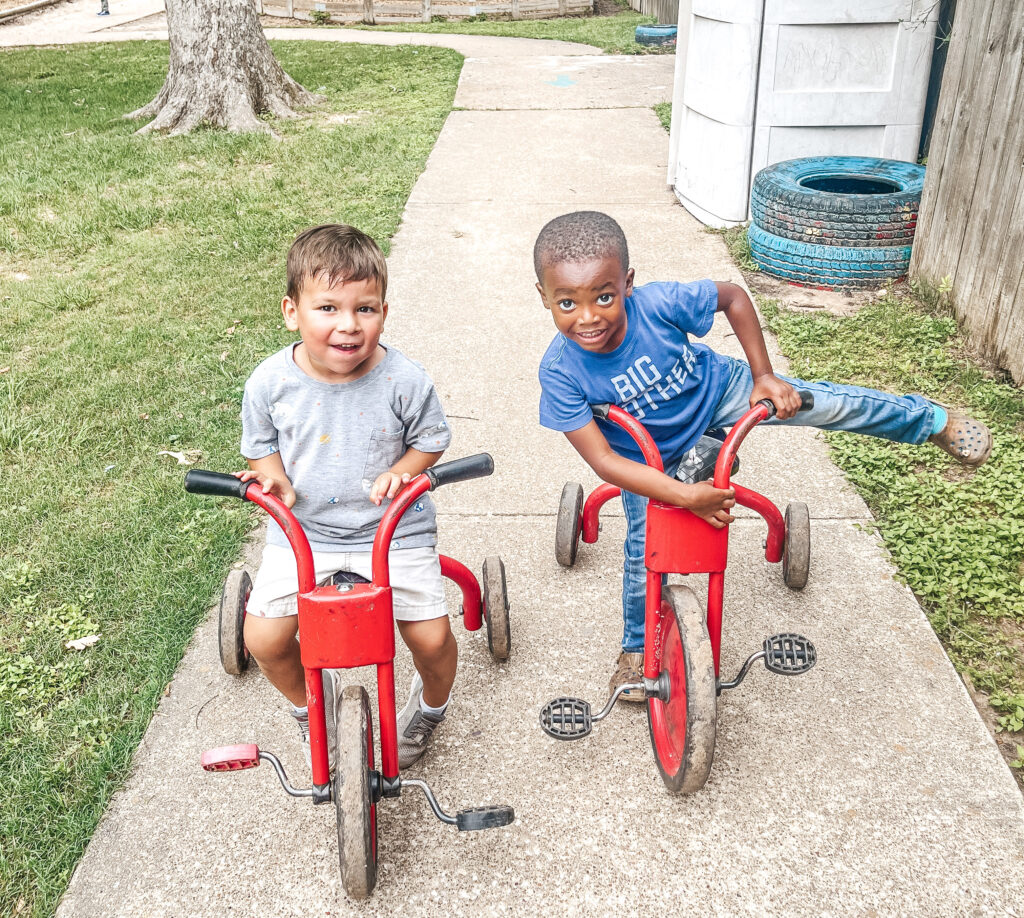
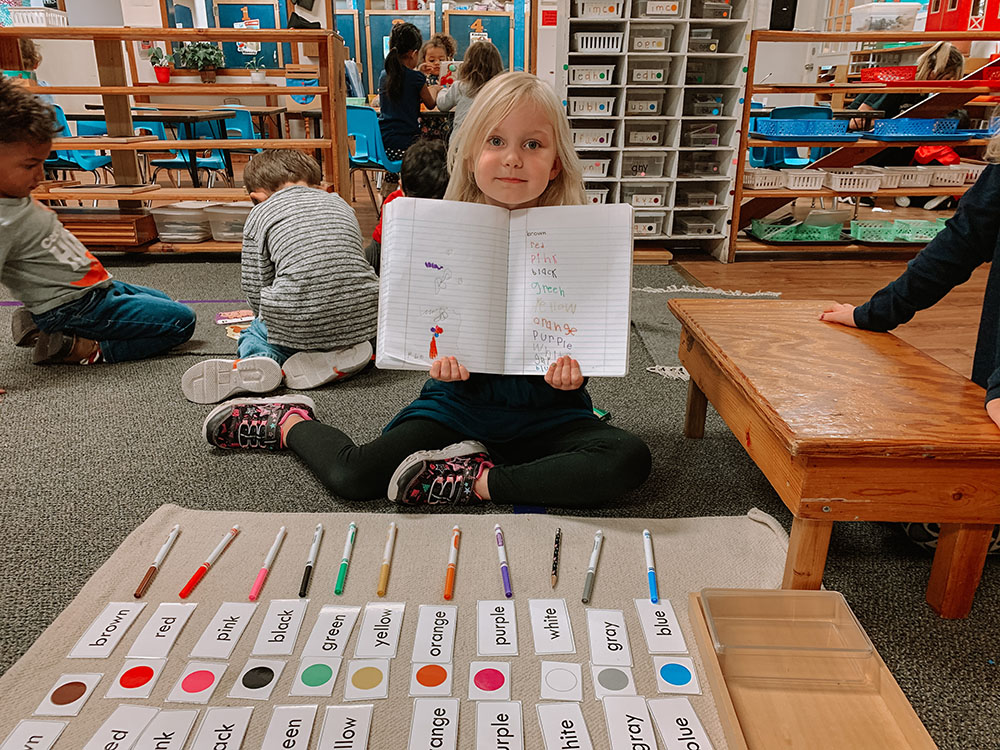
Literacy Is The First Building Block To Lifelong Learning
Dolly Parton’s Imagination Library Program Provides over 1,150 Local Families With A New Children’s Book Every Month
Spanish, Music, And Storytime Expand Your Child’s Learning
Yoga
Helps your child focus and builds their mind to body connection
Spanish
Boosts communication skills as they learn new words and sounds
Cultural Knowledge
Opens your child’s mind to the world beyond their community
Storytime and Bible stories
Teach valuable lessons and nurture a natural love of reading
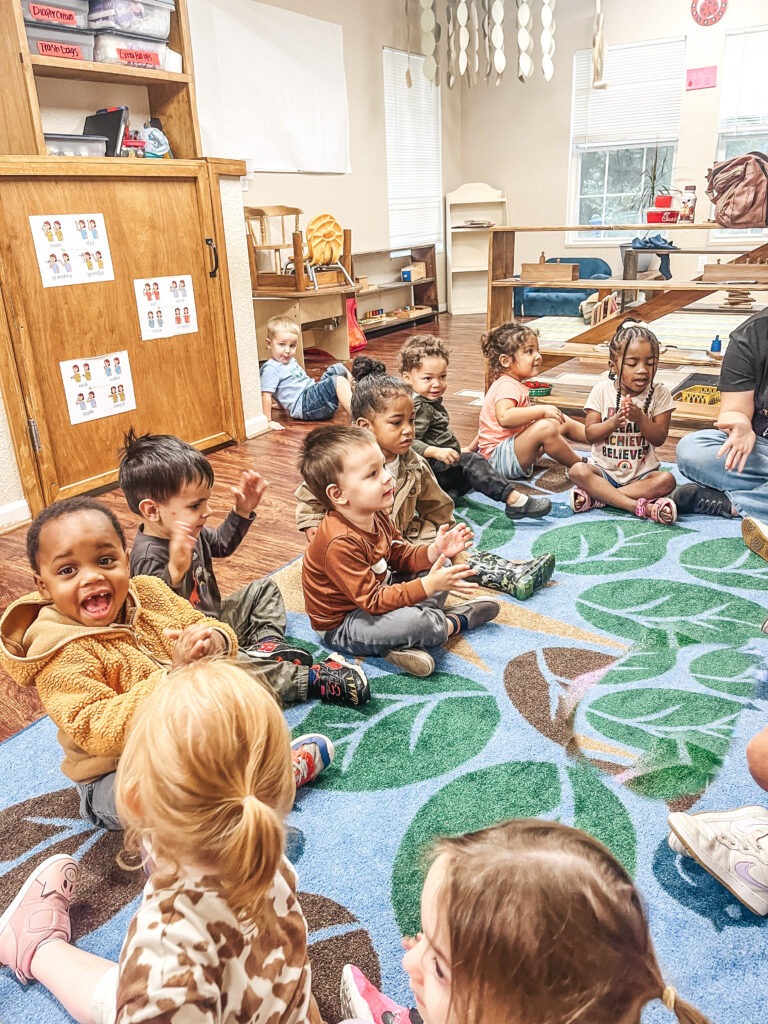

Classroom Bathrooms Support Independence & Hygiene Skills
Classrooms for children 18 months and older have self-contained restrooms and sinks that children use when THEY need to. There are children’s bathrooms located in every single classroom. The ability to toilet and wash on their own schedule helps your child avoid accidents and boosts autonomy and hygiene skills.
Supporting Parents With Reliable On-Site Services
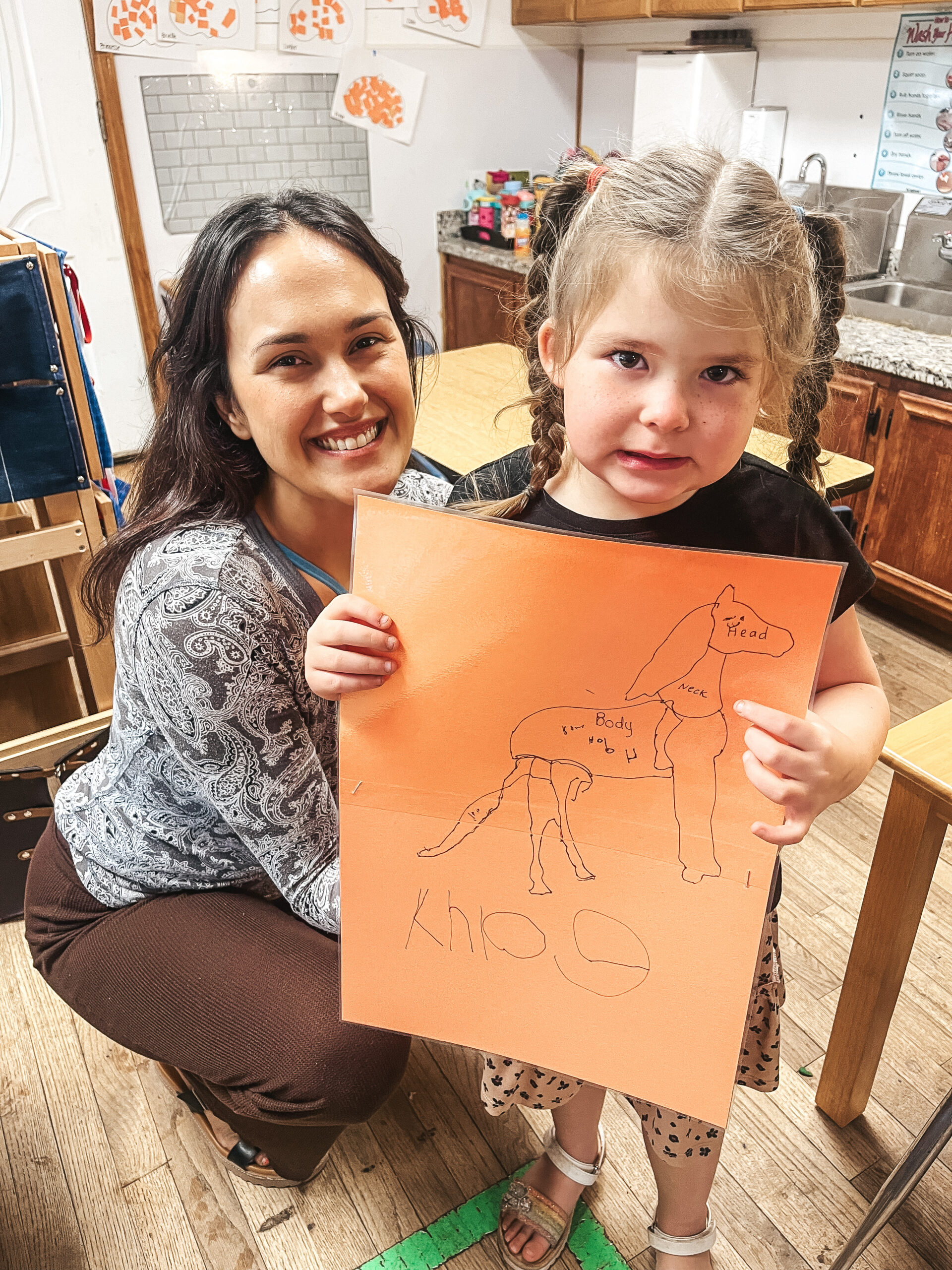

Stay In Touch With Daily Communication Via App
Helping Families Thrive For More Than 27 Years

More Than A Daycare: The Child Care & Early Learning Difference
The first 5 years of a child’s life are critical to their development, and setting the stage for successful lifelong learning and growth requires more than a traditional daycare. “Daycare” implies a passive approach to managing or overseeing young children when their parents or guardians cannot.
Your family enjoys child care and early learning that actively teaches and nurtures your child while assessing their progress and milestones. This engaged, holistic approach to early education gives your child the developmental support they need to become confident, independent learners and well-rounded citizens of the world.
Come and experience the difference!
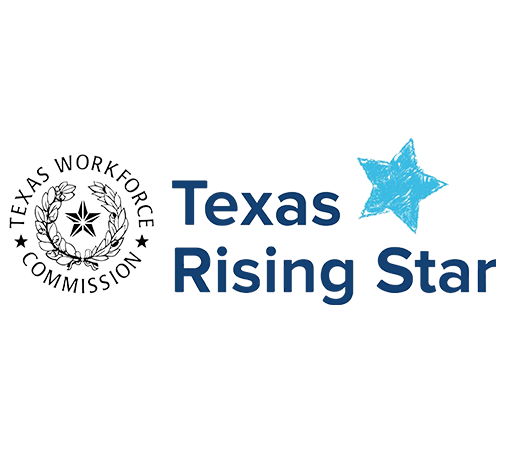
A State-recognized, Top-rated Texas Rising Star Establishment Is Where Quality Shines!
frequently asked questions
Tomorrow’s Promise Montessori Schools, 2801 Old Houston Road: 5:00am-6:30pm
Tomorrow’s Promise Children’s House, 906 10th Street: 6am-6pm
Tomorrow’s Promise Montessori Academy, 1157 Veteran’s Memorial: 6:30-7:30
Montessori is an early childhood philosophy based on creating a social environment that supports each child’s individual development. It’s based on self-directed activity, hands-on education, and collaborative play. In Montessori classrooms, children make creative choices in their learning under teacher guidance.
In 1906, Dr. Maria Montessori, an Italian educator, physician, and scientist, created a childcare center in a poor, inner-city district of Rome to work with some of the area’s most disadvantaged children.
She fashioned a quality educational environment for these children, once thought unable to learn, and made them thrive.
She saw that the children absorbed knowledge from their surroundings, essentially teaching themselves. She based the approach on her observations that young children learn best in a homelike setting, filled with developmentally appropriate materials that provide experiences contributing to the growth of self-motivated, independent learners.
Montessori
- Early start at school (2-3)
- Freedom to move about
- Emphasis on cognitive structures and social development.
- Teacher’s role is unobtrusive: child actively participates in learning.
- Environment and method encourage internal self-discipline.
- Individual and group instruction adapts to each student’s learning style.
- Mixed-age grouping.
- Children encouraged to teach, collaborate, and help each other.
- Child chooses own work from interests, abilities.
- Multi-sensory materials for physical exploration development.
- Community atmosphere
- Natural, logical consequences
- PEACE in education
- Child centered schedule
- Longer free work periods
- Enhanced curriculum
- Progress of student as test
Traditional
- Late start at school (5-6)
- Seated at desks
- Rote knowledge and social development.
- Teacher’s role is dominant, active: child is a passive participant.
- Teacher is primary enforcer of external discipline.
- Individual and group instruction conforms to adult’s teaching style.
- Same-age grouping.
- Most teaching done by teacher and collaboration is discouraged.
- Curriculum structured with little regard for child’s interests.
- Few materials for sensory, concrete manipulation.
- Little socialization
- Rewards and punishments
- Corporal punishment
- Adult centered schedule
- Frequent interruptions
- Limited curriculum
- Peer comparison as test
Yes, We Proudly Support Families Who Qualify For Subsidy
Hear What Parents Have To Say
Now Serving You In Three Locations!
Tomorrow's Promise Montessori Schools
Tomorrow's Promise Children's House
Tomorrow's Promise Montessori Academy
How Old Is Your Child?

NURSERY
6 Weeks - 1 Year

Preschool
1 - 3 Years

PRE-K
3 - 5 Years

KINDERGARTEN
kindergarten

Before &
After School
5 - 12 Years


